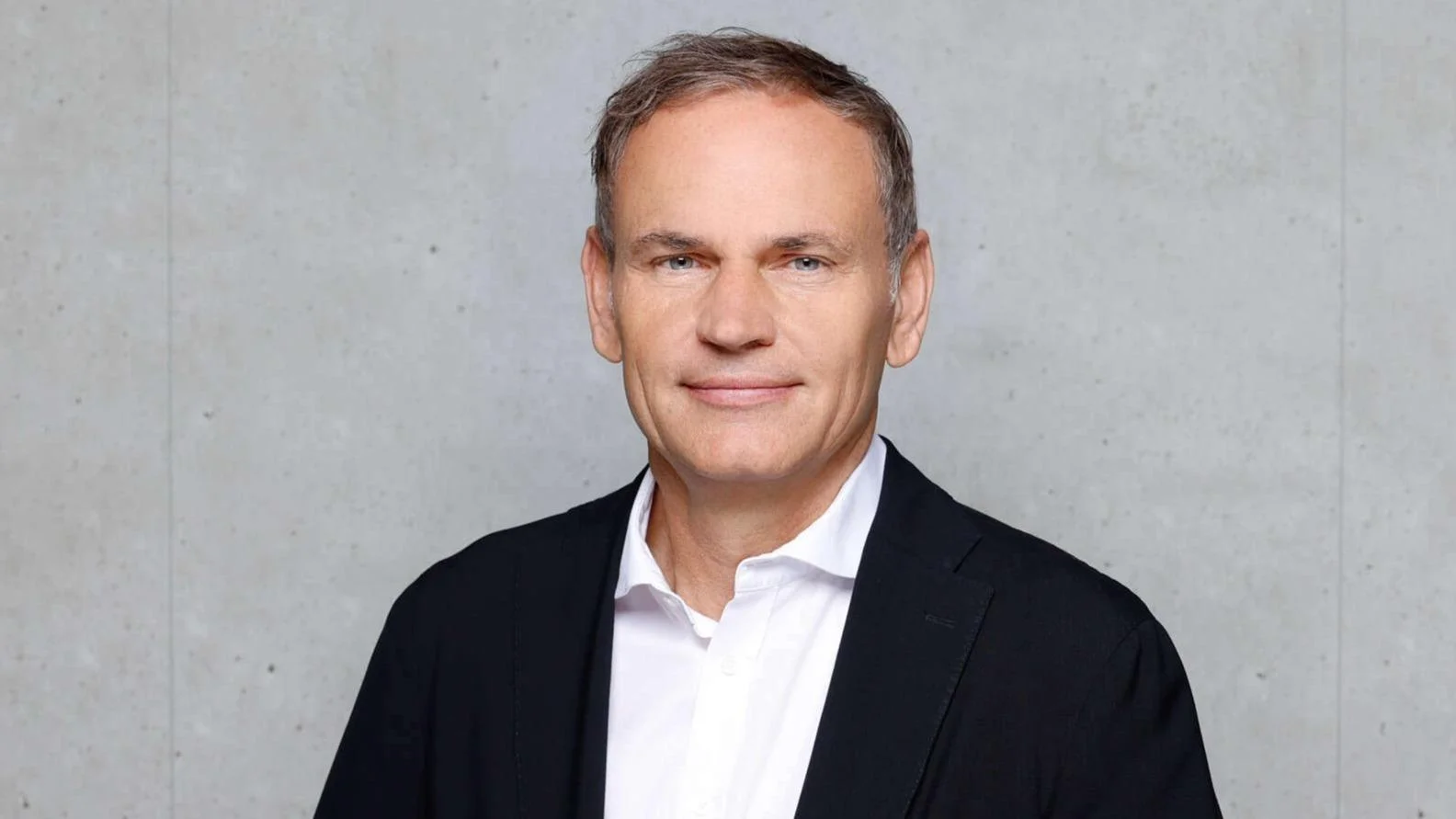At the IAA Mobility 2025 event in Munich, Volkswagen Group’s subsidiary Elli announced a pilot project for bidirectional charging in private homes. The initiative will allow households to use electric vehicle (EV) batteries and solar power systems as sources of energy for their homes.
The core of the pilot is an 11 kW bidirectional charger, developed with CUBOS, which connects home solar panels and EVs using Elli’s modular software platform. This technology enables EV batteries to function as home energy storage units, allowing users to power their homes with self-generated solar electricity. The management of energy from the grid, vehicle, and home is handled through the Elli Charging app.
Customers can potentially lower their charging costs by up to 75 percent under certain conditions with this system. Additionally, users may become less dependent on the public electricity grid by relying more on self-produced solar power combined with bidirectional charging.
Applications for participation in Elli’s pilot are now open to Volkswagen Group customers and those who use OTOVO solar panels in Germany. The project is set to start in December 2025, and selected participants will receive a DC bidirectional charger from Elli.
Volkswagen Group EVs built on the MEB platform—including certain Volkswagen Passenger Cars, Volkswagen Commercial Vehicles, and CUPRA models with software version ID. Software 3.5 or higher and 77 kWh batteries—already support DC bidirectional charging technology.
To assess how this technology could be scaled regionally across Europe, Volkswagen Group is conducting innovation projects such as one led by Volkswagen in Sweden. This project began in 2021 at a campus developed with the Stenberg housing cooperative. It aims to evaluate both technical functions and environmental impacts of vehicle-to-home and vehicle-to-grid charging (https://www.volkswagenag.com/en/news/stories/2022/06/how-bidirectional-charging-supports-the-energy-transition.html).
Elli seeks to bring bidirectional charging to market maturity across Europe by scaling hardware and software solutions for energy integration at customer sites while supporting harmonized legislation throughout the EU.
The new Bidi ecosystem ties into Elli’s Managed Battery Network (MBN), a virtual power plant designed to optimize renewable energy use by storing electricity at certain times and releasing it later via wholesale trading (https://www.volkswagenag.com/en/news/2024/04/elli-expands-energy-trading-activities-with-managed-battery-network.html). The company aims for this approach to reduce EV charging costs, increase renewable energy usage, and aid Europe’s broader transition toward sustainable energy sources.
Giovanni Palazzo, CEO of Elli, said: “With our pilot project at IAA Mobility 2025, we’re opening a new chapter in the history of electric mobility. Bidirectional charging is the enabler of energy self-sufficiency at home, and with the initial rollout of our Managed Battery Network, we are elevating vehicle batteries and storage systems to the level of critical energy resources. In doing so, we’re bridging the gap between mobility and energy.”
Elli plans that by decade’s end it will integrate large-scale storage systems along with hundreds of thousands of EV batteries into its Managed Battery Network throughout Europe. These assets would be managed through its own trading platform to help make better use of variable renewable generation.
Starting in 2026, several hundred decentralized EVs will connect for the first time to a virtual power plant (VPP). Following that phase, Elli intends to market these capabilities through trading operations on the EPEX intraday power exchange.
Elli is also entering large-scale storage operations with its PowerCenter facility scheduled for completion in Salzgitter in December. The site will have a capacity of 20 MW/40 MWh using LFP battery packs supplied by PowerCo. This center will serve as a base for both energy trading activities and future services related to grid stability.
With these developments, Elli expands its role within the energy value chain as it seeks to offer new solutions for flexible electricity supply across Europe.

